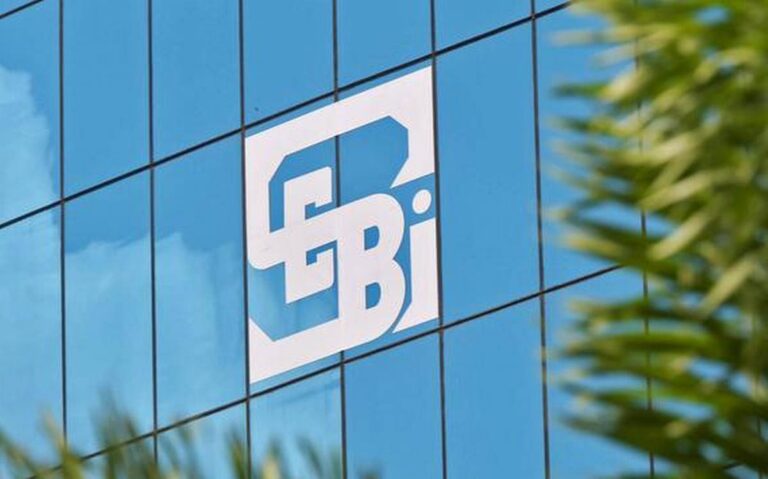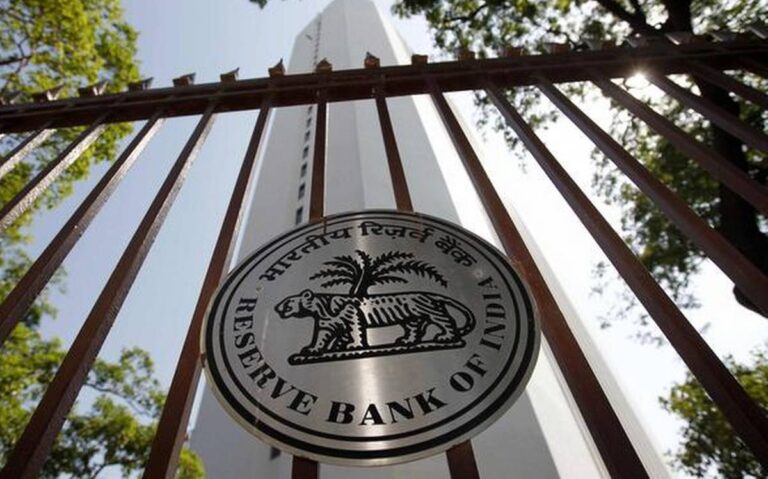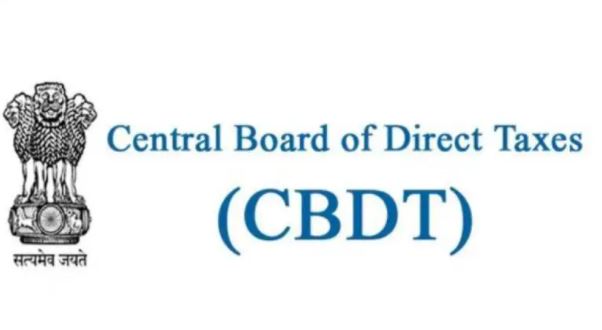The central banking regulator, the Reserve Bank of India (RBI), recently issued a circular (RBI HFC Circular) introducing changes to the regulatory framework for housing finance companies (HFCs).
Some of the most relevant changes are set out below.
Definition of HFC
The RBI has provided a definition of ‘HFCs’ as companies incorporated under the Companies Act 2013 which fulfil the following conditions:
It is a non-banking financial company (NBFC) (ie, its financial assets are more than 50% of its total assets (netted off by intangible assets) and income from financial assets should be more than 50% of the gross income) whose financial assets in the business of providing finance for housing, constitute at least 60% of its total assets (netted off by intangible assets).
Out of the total assets (netted by intangible assets), not less than 50% should be by way of housing finance for individuals as specified in the RBI HFC Circular.
The definition of ‘housing finance’, meaning financing for the purchase, construction, renovation or repair of residential dwelling units, has been set out in further detail in the RBI HFC Circular.
Minimum NOF including for existing HFCs
Rs20 million has been specified as the minimum net owned funds (NOFs) required for companies to commence or carry out housing finance business as their principal business. Existing HFCs which hold a registration certificate and have an NOF of less than Rs20 million may continue to carry on housing finance business if they achieve an NOF of Rs15 million by 31 March 2022 and Rs20 million by 31 March 2023.
NBFC-ICCs
Companies that seek to be treated as NBFC-investment and credit companies (NBFC-ICCs), will be required to approach the RBI for conversion of their registration certificate from an HFC to an NBFC-ICC. The RBI HFC Circular sets out how the application should be submitted.
Guidelines and instructions applicable to NBFCs now apply to HFCs
This list consists of the RBI Master Direction – Monitoring of Frauds in NBFCs (Reserve Bank) Directions, 2016 and the RBI Master Direction – Information Technology Framework for the NBFC sector dated 8 June 2017. In addition, instructions issued by the RBI with respect to the following now apply to all HFCs:
the definition of public deposits;
the implementation of Indian accounting standards;
relevant master directions in respect of loans against security of shares;
relevant master directions in respect of loans against security of a single product – gold jewellery;
relevant master directions in respect of the levy of foreclosure charges;
guidelines on securitisation transactions and the reset of credit enhancement;
managing risks and the code of conduct in outsourcing of financial services;
guidelines on the liquidity risk management framework; and
guidelines on the liquidity coverage ratio.
Further details, thresholds and applicable guidelines with respect to each of the points covered above are available in the RBI HFC Circular.
Exposure to group companies in real estate business
The RBI HFC Circular further provides that where companies in a group are engaged in real estate business, HFCs may undertake exposure for the group company engaged in real estate business or which lend to individual home buyers. Such direct or indirect exposure cannot be more than 15% of funds owned for a single entity in the group and 25% of funds owned for all such group entities. HFCs must follow the arm’s-length principle in letter and spirit.
The RBI aims to harmonise the regulation of HFCs and NBFCs in a phased manner to avoid any potential disruptions and has also decided to exempt HFCs from Sections 45 IB (Maintenance of percentage of assets) and 45 IC (Reserve fund) of the RBI Act 1934, which will be notified by the RBI under separate notifications. However, the corresponding provisions of Sections 29B (Maintenance of percentage of assets) and 29C (Reserve fund) of the National Housing Bank Act 1974 will continue to apply.
A master direction addressed to HFCs is expected soon.
Team – Intellex Strategic Consulting Private Limited.
Intellexconsulting.com, Intellexfinance.com, Startupstreets.com, Venturestreets.com










